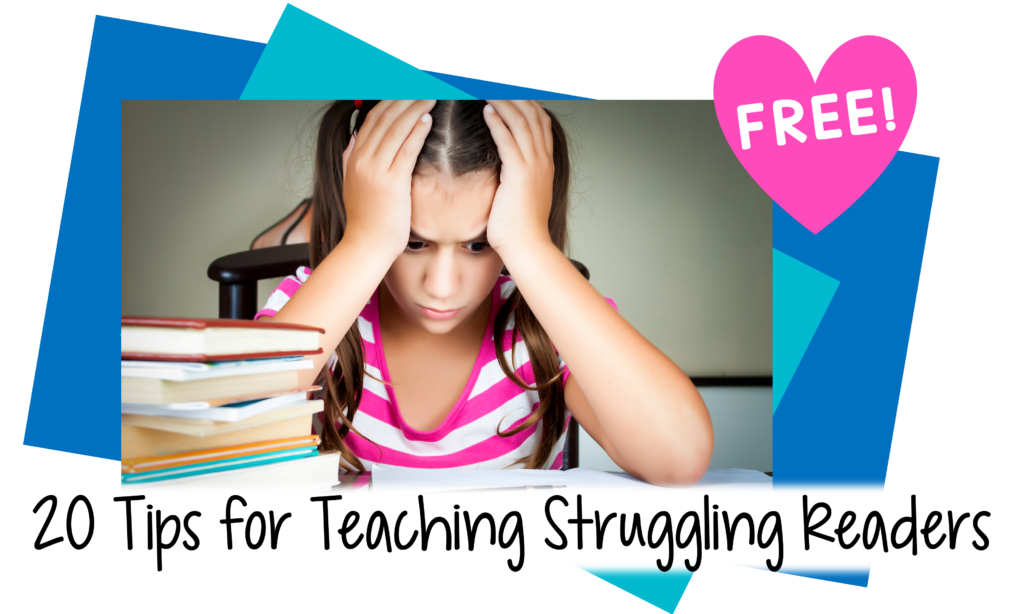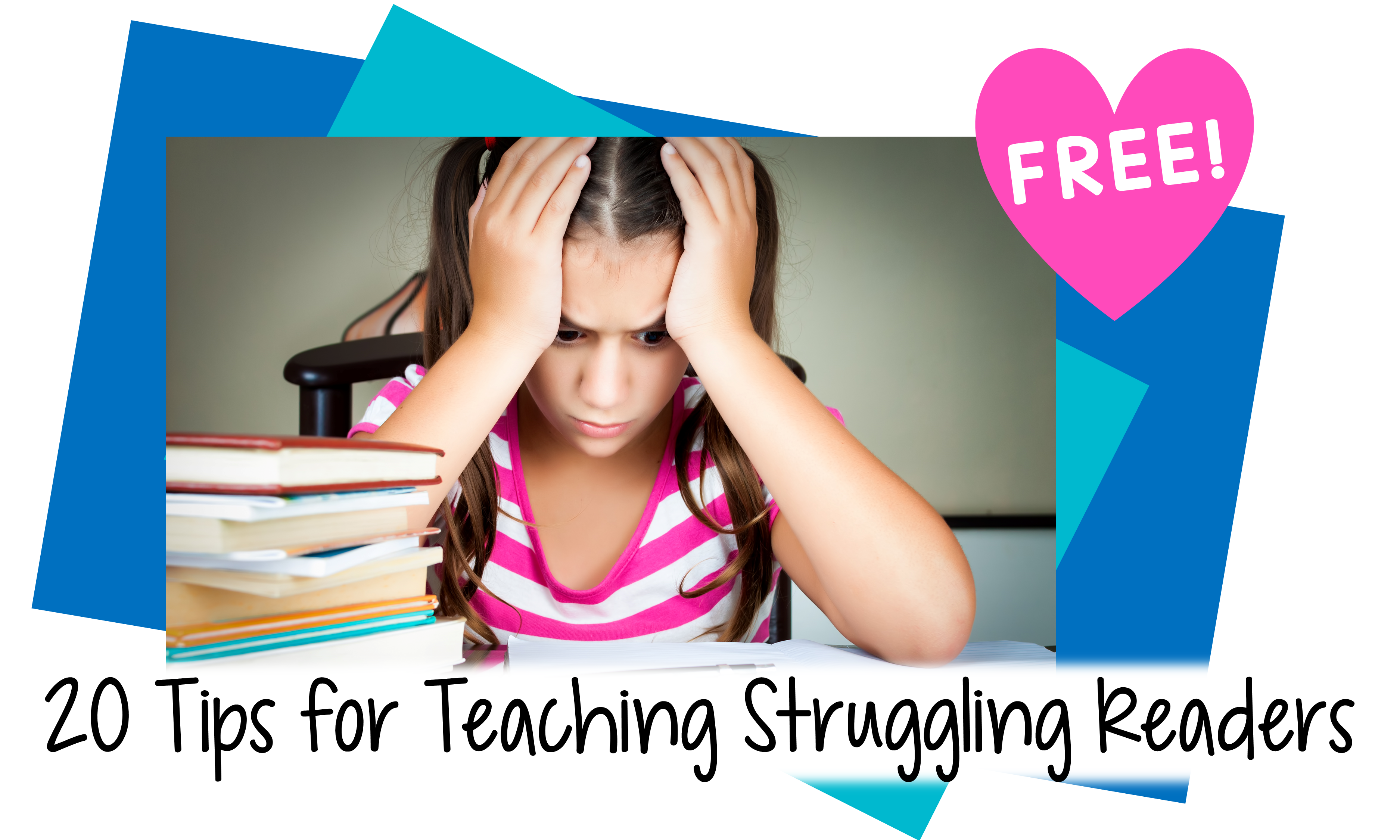Beware the summer slide!

Do I mean to be careful when climbing on the sliding board at the playground? No! I’m talking about the regression in academic skills students can experience over summer vacation.
Classroom teachers and reading specialists know all too well that many children enter school in the fall reading a few weeks or months behind where they were functioning when school ended the previous spring. Research confirms this regression, especially with struggling readers, children from families with low socioeconomic status, and youngsters who are learning English as a second language.
From a teacher’s point of view, this situation is particularly frustrating because it’s preventable!
As the parent of a young reader, you may be wondering whether your child will slip down the summer slide, and whether you should have your child tutored in reading over the summer. What do I think? It depends on your family situation and goals.
As a reading tutor in Amherst, Massachusetts, I have been asked by parents to tutor their children over the summer to address a wide range of issues:
- to prevent a struggling reader from losing the progress he had made at school;
- to help a struggling reader to advance to a higher reading level;
- to help a weak reader develop decoding skills;
- to focus on reading fluency;
- to give an able reader extra reading time over the summer;
- to give a skilled reader an enriching experience in writing composition;
- because the parents wouldn’t have much time to read with their child;
- because the child was reluctant to read with the parent;
- to provide students with a head-start before returning to school in the fall;
- because the child needed to build confidence in herself as a reader.
Do any of these reasons for summer tutoring apply to your family? Maybe or maybe not. But regardless of whether you decide to have your child tutored, there are many things you can do to prevent the summer slide in your child.
- Above all, read to and with your child every day.
- Talk about the books, ebooks, magazines, or book apps your child reads. Make connections between the reading materials and the real world.
- Act out stories, incorporate them into games and family activities.
- Make sure your child reads a balance of fiction and nonfiction.
- Follow your child’s interests in topics, preferences for authors or genres.
- Let your child choose what she wants to read, but be careful that the reading materials she chooses are not too difficult or too easy. To find out your child’s reading level, talk to her teacher or have an assessment done.
- Visit the library regularly.
- Sign up for an ebook or storybook app subscription.
- Engage in activities that will enrich your child’s experiences of the world, and therefore his background knowledge.
- Keep a family log of vacation or weekend activities.
- Write a book together as a family. Illustrate it and have it published.
- Don’t forget to have fun with reading! Play reading, writing, and spelling games. Keep literacy a natural and enjoyable social activity, not a chore.
What do you think? If you do decide to have your child tutored over the summer, you may want to read my post, Finding a Reading Tutor in Amherst, MA. Even if you don’t live in Amherst, the information in that post should help you find an appropriate tutor.
If I can help you in any way, please feel free to contact me. I am a private reading tutor and charge for testing and tutoring on a sliding scale. But you can also contact me with no obligation whatsoever.
Let’s help children avoid the summer slide, and instead have them enjoy playing on sliding boards!


Leave a Reply